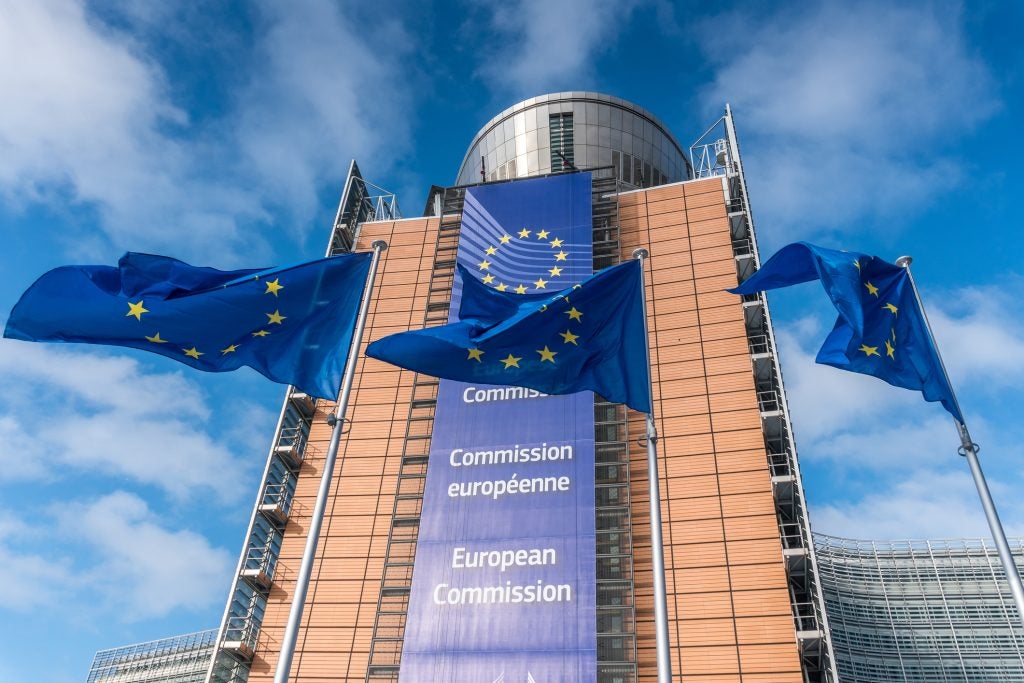The European Council (EC)'s mandate has clarified the regulation's scope by including products offered for distance sales. It also has proposed the creation of a single forced labour portal, and has reinforced the role of the Commission in terms of investigating and proving the use of forced labour. These proposed measures aim to align with both international standards and EU legislation.
Belgian Deputy Prime Minister and Minister for the Economy and Employment Pierre-Yves Dermagne said: "It is appalling that in the 21st century slavery and forced labour still exist in the world. ILO estimates that 27.6m people were in forced labour. This hideous crime must be eradicated and the first step to achieving this consist of breaking the business model of companies that exploit workers. With this regulation we want to make sure that there is no place for their products in our single market, whether they are manufactured in Europe or abroad."
He added the presidency aspires to conclude interinstitutional negotiations before the end of this legislative term.
Council's mandate
The Council's negotiating mandate envisages the establishment of the Union Network against Forced Labour Products in order to ensure better coordination between the authorities and the Commission.
The Council position formalises the administrative cooperation within the Network and ensures its active participation "in all phases of the process leading to the banning of a product."
The mandate also envisions the creation of a single portal for forced labour, which would provide easily accessible and relevant information and tools. This includes a single information submission point, a database, guidelines, and easy access to decision-related information.
The Council position anticipates the necessary collaboration between the competent Member State authorities and the Commission to enforce and implement the forced labour ban regulation, aligning with the requirements of the corporate sustainability due diligence directive and whistleblowers directive.
Commission's proposal
Soon after the US' UFLPA (Uyghur Forced Labor Prevention) Act came into force in June 2022, the EC unveiled measures to ban products made with forced labour from circulating within the EU market.
The proposal which was initially shared in September 2022, prohibits products made with forced labour (as defined by the International Labour Organization) from being placed or made available on the Union market or exported from the Union to third countries.
It states that in the event of reasonable indications that a product has been made with forced labour, the authorities should initiative an investigation. This can include requests for information from companies or carrying out checks and inspections either in the EU or in third countries.
If forced labour is found, the competent authorities are liable to order the withdrawal of products in question and ban both its placement on the market as well as its export. Companies will be required to dispose of the goods concerned, and the customs authorities will oversee the enforcement of the prohibition on exports or imports of banned products at the EU borders.
It should be noted that SMEs are not exempted from the regulation, but the size and economic resources of companies, as well as the scale of forced labour, will be taken into consideration before initiating formal investigations.
The proposal also provides specific support tools to help SMEs with the application of the regulation.
Commission's role in investigations and decisions
The Commission noted that to reduce the administrative burden and simplify the allocation of cases, the mandate has strengthened the role of the European Commission.
The Commission explained that based on all relevant, verifiable and credible information, it will assess whether the products concerned are of Union interest. If there is a Union interest, the Commission will automatically take over the pre-investigation phase. Otherwise, the pre-investigation phase will be carried out by a national competent authority.
The mandate streamlined cross-border investigations by designating "a lead competent authority," responsible for initiating the preliminary phase, ensuring investigation continuity, and involving the Union Network against Forced Labour Products to ensure transparency and a Union approach.
According to the Council’s position, when inspections outside the Union are necessary, the Commission is tasked with initiating contact with third countries (at its own initiative, in cases of Union interest, or at the request of a competent authority) and ask the third country governments to conduct inspections on the suspected cases of forced labour.
If the Commission’s request is rejected by the government of the third country, this may constitute a case of non-cooperation and the Commission can take a decision based on other relevant evidence.
Final decisions and next steps
The Commission will be responsible for preparing the final decision, such as to ban a particular product, via an implementing act to be adopted in accordance with the examination procedure. Additionally, it will provide a non-confidential summary of this decision on the single portal for forced labour.
The newly approved mandate formalises the Council's negotiating position. It provides the Council presidency with a mandate for negotiations with the European Parliament, which adopted its position on 8 November 2023.
The Commission pointed out that the Interinstitutional negotiations will start as soon as possible.
More recently (January 2024), the US fashion industry announced it was continuing to develop a joint approach with the US government to focus on high-risk trade from Uyghur forced labour without stopping legitimate trade.









